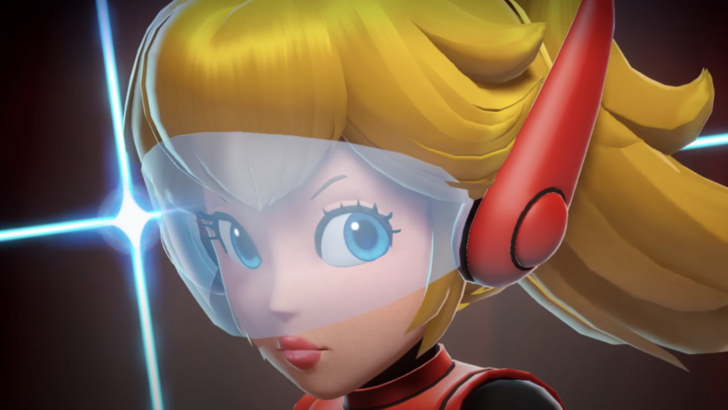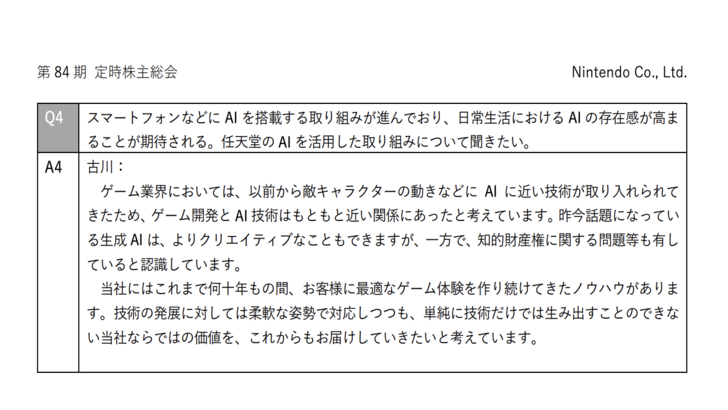
Nintendo's Cautious Approach to Generative AI in Game Development
While the gaming industry actively explores generative AI's potential, Nintendo maintains a cautious stance, citing concerns over intellectual property (IP) rights and its commitment to a unique development philosophy.
Nintendo President Shuntaro Furukawa Announces No Plans for Generative AI Integration
IP Rights and Copyright Concerns Take Center Stage
 image (c) Nintendo
image (c) Nintendo
In a recent investor Q&A, President Furukawa confirmed Nintendo's current lack of plans to integrate generative AI into its games. The primary concern revolves around the potential for IP rights infringement. While acknowledging AI's long-standing role in game development (particularly in NPC behavior), Furukawa distinguished between traditional AI and the newer generative AI, capable of creating original content.

Furukawa highlighted the rapid rise of generative AI across various sectors. He explained that, "In game development, AI-like technologies have long been used to control enemy character movements, so game development and AI have gone hand-in-hand even before," but emphasized the IP risks associated with generative AI's capacity to produce content that could infringe on existing works.
Upholding Nintendo's Distinctive Game Design

Furukawa underscored Nintendo's dedication to its proven development methodology, built on decades of experience and a focus on delivering unique gaming experiences. He stated, "We have decades of expertise in creating optimal game experiences for our customers...While we are flexible in responding to technological developments, we hope to continue to deliver value that is unique to us and cannot be created through technology alone."

This position contrasts with other gaming giants. Ubisoft's Project Neural Nexus, for example, utilizes generative AI for NPC interactions, but its producer, Xavier Manzanares, stressed that it's merely a tool within a broader design process. Similarly, Square Enix and EA have embraced generative AI, viewing it as a means to enhance content creation and development efficiency.






